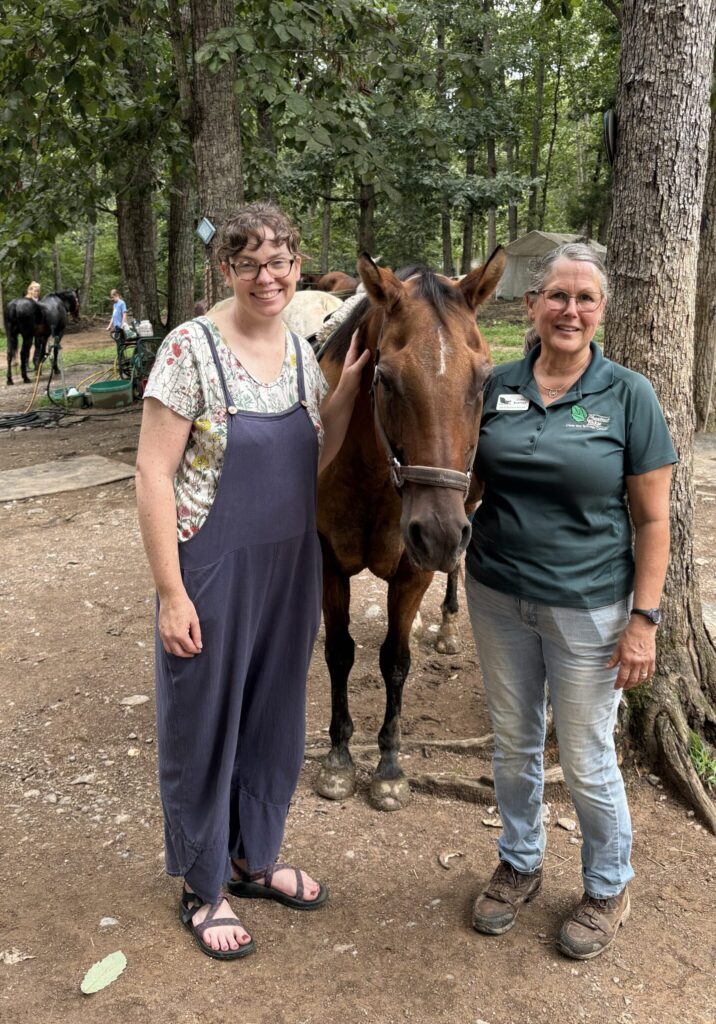From the Staff of Partners in Health and Wholeness
As children now confront more stressors and navigate a host of mental health challenges, their summer caregivers must be prepared to not only address their needs but also care for themselves. This summer, the experience of 2,000 campers at Chestnut Ridge Camp and Retreat Center in Efland, N.C., was enhanced through additional training and support for the summer counselors, made possible by the Partners in Health and Wholeness (PHW) Abundant Life Initiative. Chestnut Ridge is part of the NC United Methodist Camp and Retreat Ministries, Inc.
“Our year-round staff wants to equip ourselves to serve the campers and counselors well and support their mental health needs. Receiving mental health support will also help the campers and counselors grow in other ways – individually, in community, and in their faith,” read the Chestnut Ridge Camp Abundant Life application.
The 65 young adults serving as camp counselors and support staff received mental health guidance from licensed therapist Jessie Larkins. They drew on several distress tolerance and emotion regulation skills that they applied throughout the summer. Staff also discussed the importance of self-care practices and were encouraged to find creative ways to meet their psychological, emotional, and physical needs in a high-stress environment. Staff were also provided items such as stress toys, journals, and other aides for effective self-regulation.
Counselors, some of whom are Duke Divinity School students, often find themselves in a time of vocational discernment, which can be both exciting and stressful. “The counselors have their own stresses and are working in a demanding job without much downtime, which can cause mental health strain,” noted one student counselor.
The counselor support was complemented by the addition of sensory support bags, which were placed in every cabin and throughout the main areas of the camp. Staff were trained to support campers who are neurodivergent or have other specialized support needs. Incorporating different aids to support the campers provided a safe space for some camp counselors to identify themselves as neurodivergent (with diagnoses such as ADHD). Many were excited to offer support that they would have benefited from as children.
Another highlight of the camp is the equestrian program. Because of PHW support, a school psychologist was hired to partner with the camp’s equestrian director to expand the work she does with the Eagala Model, an internationally recognized standard for equine-assisted psychotherapy. Campers used words like “calm” and “peaceful” when describing how they felt around the horses.
“It’s amazing how naturally looking at the behavior of the horses translates into introspection about our own personalities and the ways we interact with one another. It’s hard to describe if you haven’t done it, but the horses are a vehicle for healing,” noted Kate Redenbaug, the Duke Divinity intern.
If you’re inspired by the experiences of these counselors and want to support mental health and whole-person care in your community, consider joining the next Abundant Life Cohort. This year-long program equips congregations with practical tools, coaching, and a clear, faith-rooted process to build ministries that foster mental, emotional, and spiritual well-being.
Learn more and Apply Today



